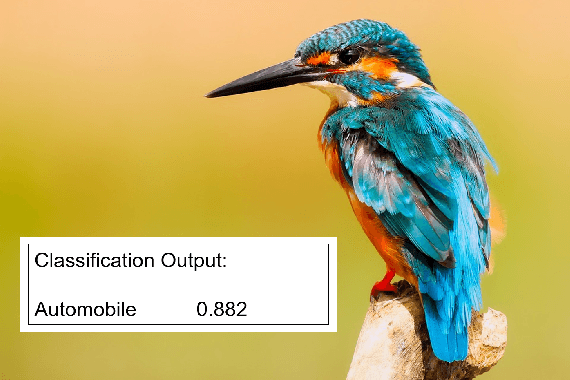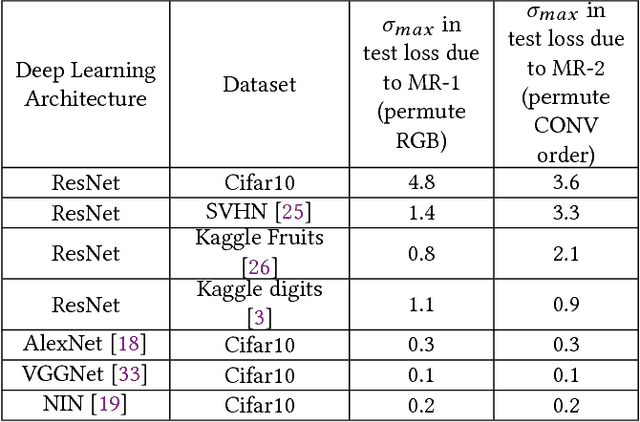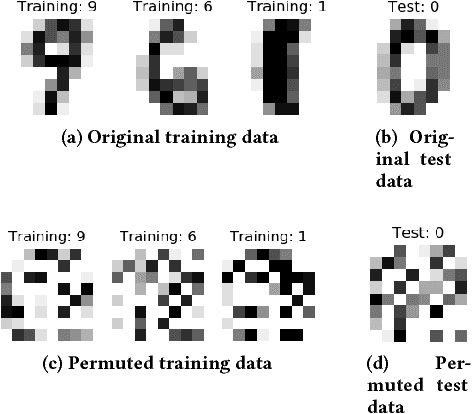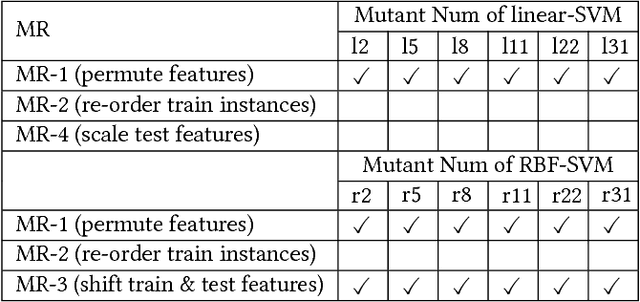Samarth Sikand
Do Generative AI Tools Ensure Green Code? An Investigative Study
Jun 10, 2025Abstract:Software sustainability is emerging as a primary concern, aiming to optimize resource utilization, minimize environmental impact, and promote a greener, more resilient digital ecosystem. The sustainability or "greenness" of software is typically determined by the adoption of sustainable coding practices. With a maturing ecosystem around generative AI, many software developers now rely on these tools to generate code using natural language prompts. Despite their potential advantages, there is a significant lack of studies on the sustainability aspects of AI-generated code. Specifically, how environmentally friendly is the AI-generated code based upon its adoption of sustainable coding practices? In this paper, we present the results of an early investigation into the sustainability aspects of AI-generated code across three popular generative AI tools - ChatGPT, BARD, and Copilot. The results highlight the default non-green behavior of tools for generating code, across multiple rules and scenarios. It underscores the need for further in-depth investigations and effective remediation strategies.
Breaking the ICE: Exploring promises and challenges of benchmarks for Inference Carbon & Energy estimation for LLMs
Jun 10, 2025Abstract:While Generative AI stands to be one of the fastest adopted technologies ever, studies have made evident that the usage of Large Language Models (LLMs) puts significant burden on energy grids and our environment. It may prove a hindrance to the Sustainability goals of any organization. A crucial step in any Sustainability strategy is monitoring or estimating the energy consumption of various components. While there exist multiple tools for monitoring energy consumption, there is a dearth of tools/frameworks for estimating the consumption or carbon emissions. Current drawbacks of both monitoring and estimation tools include high input data points, intrusive nature, high error margin, etc. We posit that leveraging emerging LLM benchmarks and related data points can help overcome aforementioned challenges while balancing accuracy of the emission estimations. To that extent, we discuss the challenges of current approaches and present our evolving framework, R-ICE, which estimates prompt level inference carbon emissions by leveraging existing state-of-the-art(SOTA) benchmark. This direction provides a more practical and non-intrusive way to enable emerging use-cases like dynamic LLM routing, carbon accounting, etc. Our promising validation results suggest that benchmark-based modelling holds great potential for inference emission estimation and warrants further exploration from the scientific community.
Identifying Implementation Bugs in Machine Learning based Image Classifiers using Metamorphic Testing
Aug 16, 2018



Abstract:We have recently witnessed tremendous success of Machine Learning (ML) in practical applications. Computer vision, speech recognition and language translation have all seen a near human level performance. We expect, in the near future, most business applications will have some form of ML. However, testing such applications is extremely challenging and would be very expensive if we follow today's methodologies. In this work, we present an articulation of the challenges in testing ML based applications. We then present our solution approach, based on the concept of Metamorphic Testing, which aims to identify implementation bugs in ML based image classifiers. We have developed metamorphic relations for an application based on Support Vector Machine and a Deep Learning based application. Empirical validation showed that our approach was able to catch 71% of the implementation bugs in the ML applications.
 Add to Chrome
Add to Chrome Add to Firefox
Add to Firefox Add to Edge
Add to Edge